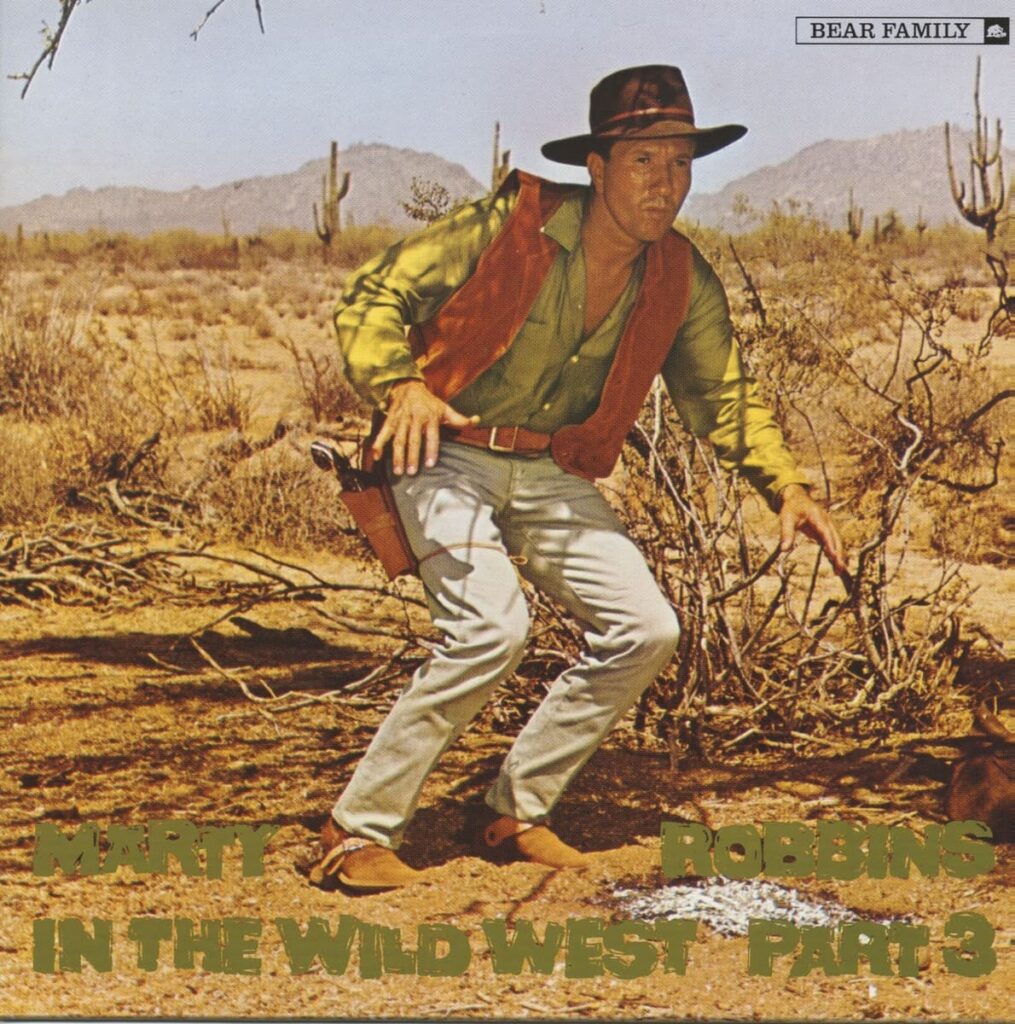
Marty Robbins – They’re Hanging Me Tonight: A Dark, Desperate Reckoning with Fate
For those of us who cherish the narrative heart of classic Country and Western music, “They’re Hanging Me Tonight” is a chilling, perfect specimen of the genre’s darkest inclinations. This track, a deeply atmospheric cut from the 1959 masterpiece album Gunfighter Ballads and Trail Songs, is a stark departure from the romantic sweep of “El Paso” or the noble heroism of “Utah Carol.” It is instead a story steeped in primal jealousy, devastating regret, and the cold, unyielding finality of justice on the frontier. The album, which reached a remarkable peak of Number 6 on the U.S. Pop Albums chart, cemented Marty Robbins as the master storyteller, capable of conveying tragedy with a directness that cuts to the bone.
This particular ballad, penned by James Low and Art Wolpert, isn’t just about a hanging; it is a claustrophobic, first-person confession delivered from a prison cell in the dead of night. The very air around the song feels heavy, damp, and hopeless. Robbins’ vocal performance here is one of his most powerful because it’s so raw and devoid of the smooth charm he often employed. Instead, his voice is layered with fear and a profound, desolate self-pity, perfectly setting the stage for the narrator’s final reckoning.
The story, brutally simple, is a tale as old as betrayal: a man, heartbroken and consumed by rage, loses his love, Flo, to another man. The precipitating event is tragically mundane: a rainy night when Flo leaves him. But the real descent into darkness occurs when the narrator, driven by a possessive madness, finds Flo with her “new love” in a dimly lit café. In a fit of uncontrollable passion, he reaches for his pistol—that instrument of quick, decisive frontier justice that pervades Robbins’ sagas—and takes both their lives.
The power of the song, especially for a mature listener who understands the spiraling consequences of unchecked emotion, lies in the chorus: “I think about the thing I’ve done, I know it wasn’t right / They’ll bury Flo tomorrow, but they’re hanging me tonight.” This couplet is an extraordinary summation of guilt and consequence. The narrator is forced to spend his final, agonizing hours in a solitary cell, the only comfort the cold, rhythmic falling of tears and the dreadful anticipation of the dawn. There is no redemption, no final flight to freedom, and certainly no noble sacrifice here—only the quiet, inescapable reckoning for a crime of passion. It is the chilling realization that one moment of blind fury can cost two lives, and the very next morning, one’s own.
For listeners, the song serves as a visceral reminder of the thin line between love and destruction, and the merciless code of the West where actions, however driven by emotion, carried immediate, final consequences. It is a masterpiece of dread and doom, a stark, powerful miniature tragedy delivered by the greatest musical historian of the American frontier. Marty Robbins does not judge the character; he simply presents the agonizing truth of his final night, allowing us, the audience, to bear witness to the deepest, darkest sorrow of a soul about to meet its fate.